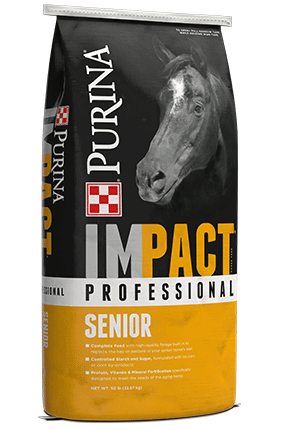
Horse Hoof Health & Nutrition: Balance Is Key
The need for balance seems to arise in every aspect of horse riding and ownership.
Your trainer will push for a balanced ride. Your farrier will trim and shoe for a balanced hoof. And, perhaps most importantly, you aim to feed your horse the right balance of forage and grain.
But how much do you know about the balance between nutrition and your horse’s hooves?
Horse hoof health is determined by several factors including genetics, environment, and nutrition. Some horses inherit weak hooves, and that can't be changed. But, proper care and nutrition can help a horse develop and maintain the best hooves genetically possible.
The reverse is true too: improper horse hoof care and inadequate nutrition can lead to hoof problems in a horse with genes for great hooves.
Looking for more tips about hoof health and nutrition? Read Preventing Pasture-Associated Laminitis.
Your trainer will push for a balanced ride. Your farrier will trim and shoe for a balanced hoof. And, perhaps most importantly, you aim to feed your horse the right balance of forage and grain.
But how much do you know about the balance between nutrition and your horse’s hooves?
Horse hoof health is determined by several factors including genetics, environment, and nutrition. Some horses inherit weak hooves, and that can't be changed. But, proper care and nutrition can help a horse develop and maintain the best hooves genetically possible.
The reverse is true too: improper horse hoof care and inadequate nutrition can lead to hoof problems in a horse with genes for great hooves.
Elements of Nutrition in Hoof Growth
Several nutrients can influence hoof growth in horses. A well-balanced diet will contain the nutritional elements needed for optimal hoof growth, but each horse is unique and different life stages, performance levels, and lifestyles can affect each situation. Here are some key nutrients and their impacts on horse hoof health.- Protein: The hoof structure is primarily made of keratin, a protein. Proteins are made of amino acids and are necessary for healthy horse hooves and growth. Methionine, an essential amino acid, is thought to be important for hoof quality. However, balance is key; if fed in excess, methionine is also believed to cause a depletion of iron, copper and zinc. This can lead to crumbling horn and white line disease.
- Fat: A diet with adequate levels of fat can be beneficial to the hoof. Fats create a permeability barrier helping to prevent bacteria and fungi from entering the hoof horn.
- Zinc: Zinc is necessary for normal keratinization of the hoof. A study by Harrington, Walsh and White in 1973 showed horses with insufficient hoof horn strength had less zinc in the hoof horn than horses with healthy, undamaged horns.
- Calcium and phosphorous: Calcium is essential for proper cell attachment in the hoof horn and wall. The right ratio of calcium and phosphorous is required, though, because excess phosphorous can block the absorption of calcium, leading to weak and abnormal bones.
- Selenium & Vitamin E: Selenium and vitamin E are important antioxidants protecting cell membranes. Selenium deficiency can cause cracked horse hooves or thin hoof walls in horses with poor quality hooves. However, the balance of intake is crucial because selenium toxicity can cause hair loss, coronitis and coronary band bleeding, as well as sloughing of the hoof and laminitis. Note: Selenium levels in forage and soil vary by region. Talk to your vet or nutritionist about the proper amount of selenium for your horse.
- Biotin: Perhaps the most-researched vitamin for hoof growth, biotin is thought to help with hoof integrity, coat, mane and tail growth. Studies have reported varying effects, but horses with poor hoof quality despite a balanced diet and favorable environment might benefit from a therapeutic dose of biotin. Research indicates a therapeutic dose of biotin for horses to be 15 to 20 milligrams per day.
Keep Learning About Hoof Health
Every horse is different, and their nutritional and hoof requirements are significantly varied. Keep an open dialogue with your farrier, vet and nutritionist as well as seek opportunities to learn more about how feed affects your horse’s health and wellbeing.Looking for more tips about hoof health and nutrition? Read Preventing Pasture-Associated Laminitis.





